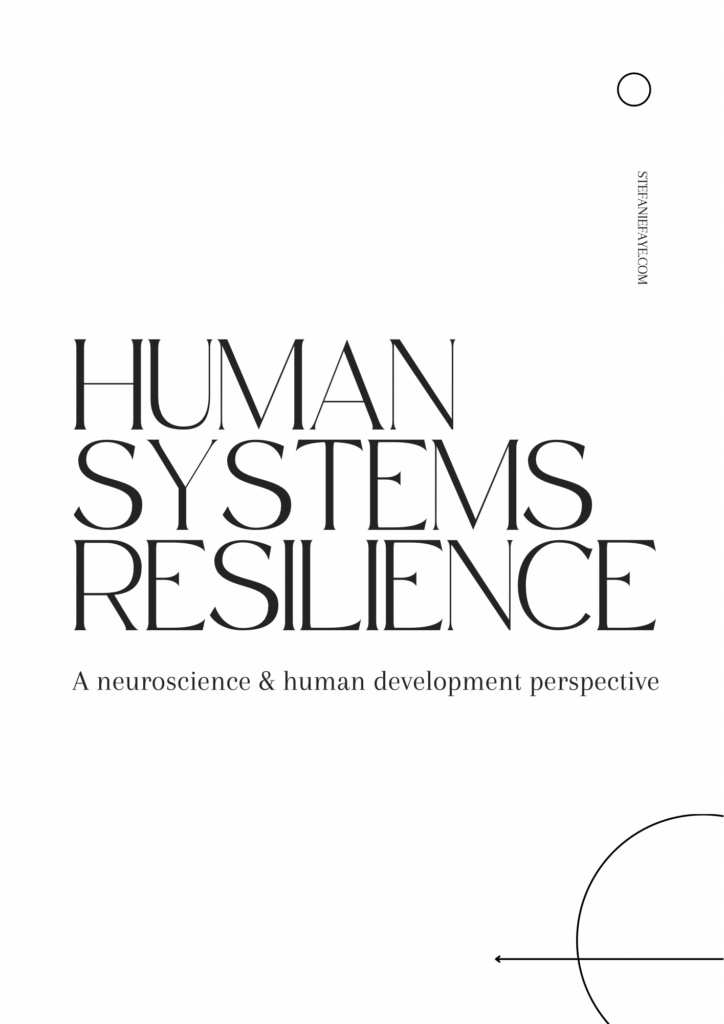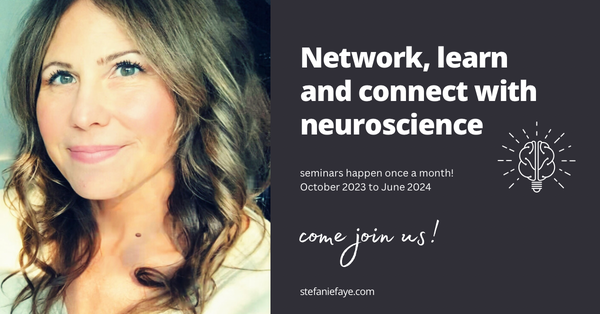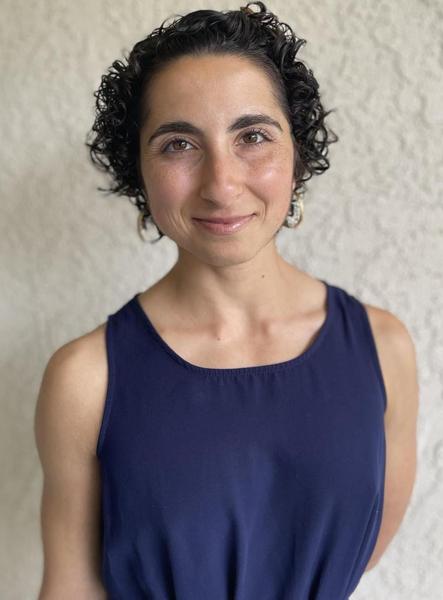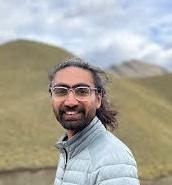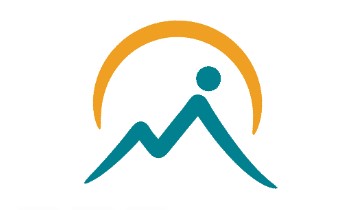Through learning we re-create ourselves. Through learning we become able to do something we never were able to do. Through learning we reperceive the world and our relationship to it. Through learning we extend our capacity to create, to be part of the generative process of life”
― Peter M. Senge, Systems Thinker
What does resilience mean to you?
When a person (or animal) is encountering a stressful event, different systems engage in order to mobilize (or immobilize) that organism to fight against, protect itself or escape whatever that threat may be. The mobilization systems that get activated are called ergotropic. Ergotropic systems expend energy, and are tied to sympathetic nervous system activation. Muscle tone and heart rate increases, stress hormones may get released, posture and attention become alert, narrow and vigilant.
The challenge is that if a person goes through excessive or repetitive exposures to stress, it may become difficult over time to return to a baseline. In my upcoming mini book, you’ll learn about what happens when we have a hard time returning to baseline, and what we can do to make our brains, bodies, and relationships more resilient.
It’s important for our nervous systems to respond with an amount of energy that is adequate and appropriate to handle challenges and opportunities.
These are NOT things that are taught in most schools or are understood and modeled in most families. Neuroscience is giving us windows into how we allocate energy to respond to our own thoughts and to events and people in ways that improve our wellbeing, rather than deplete it.
This is the focus of all my upcoming content: weekly YouTube videos and articles, (starting September 12), my upcoming book (to be released this fall), my Neuroscience Seminar Series (starting October 3) and the free mini book I’ll be sending to you this Thursday.
Here's a quick video about what's coming up!
If you know of anyone who would find this information useful, professionally or personally, I hope you’ll encourage them to check out my website and subscribe so they can get a weekly dose of neuroscience that is designed to help us all become better human beings, masters of our mind-brain-body systems, living vibrant, connected and fulfilling experiences.
With Love,
Stefanie
[optin-cat id=1270]
Join a vibrant, open-minded and personal growth-oriented group of people for a variety of online programs. Learn about cutting edge neuroscience and how to apply it to your daily life, relationships and career.
Introducing my team!
Very happy to be working and collaborating with two extraordinary individuals, Gina. and Jasvit Singh! They will be helping me with my upcoming Seminar Series - an online neuroscience education and learning community starting October 3! Part of their role will be to brainstorm ideas with me about how to enhance the experience and to promote it to a wide variety of audiences, as well as take notes to send to the group after each seminar to help participants anchor their learning and apply it to their daily life and work.
Gina is finishing her Ph.D. in neuroscience at the University of California, San Diego, building on her B.A. in neuroscience from Dartmouth College. Alongside her academic pursuits, Gina has co-founded Nexus Fitness, an evidence-based holistic fitness coaching business grounded in the mind-brain-body connection. In her spare time, she writes about health and nutrition for Carbon Diet Coach. Throughout her studies and personal experience, Gina became fascinated with the neuroscience of health and resilience - which has spurred her passion for helping others live healthier, happier, and more meaningful lives.
A lover of all things design and storytelling, Jas brings his marketing experience to help promote systems thinking and neuroscience insights with Stefanie. Originally from India and currently based in Melbourne, he’s always looking for a way to make a difference in the mental health and wellbeing space.
|
Stefanie Faye Human Systems Intelligence & Resilience
stefaniefaye.com
|
A bit about me…
I'm a neuroscience specialist with expertise in optimizing learning, performance, attentional control, cognitive flexibility, neurodiverse challenges and emotion regulation using biofeedback, cognitive training and frameworks that integrate childhood experiences and family systems. I have worked as a counselor, cognitive trainer, reading therapist, research analyst, coordinator of learning programs, and have analyzed many physiological aspects of nervous system states and brain functioning including electric conductance of the skin (GSR), facial electromyography (EMG), heart rate variability and quantitative electroencephalography (QEEG). I Integrate all of this with my experience training in monasteries with meditation masters from Vietnam, India and West Africa.
I love the outdoors and believe being active and interacting with natural systems and with healthy human connections is a key to optimized brain functioning and wellbeing. I’m looking forward to speaking at the Veterans Outdoors Advocacy Group this September, as well as for Leaders Amongst Mothers homeschooling initiative and Gray Area coaching for overcoming addiction.
Meet an amazing organization
One of the groups that will be attending the Seminar Series is the Australia Alexander Technique. Here's what Michael Shellshear, of Blue Mountains Alexander Technique in Australia has to share:
What is Alexander Technique?
Alexander Technique is a method, developed over 120 years ago, that allows people to recognise and prevent destructive habits. It can be applied to any learned or patterned behaviours that repeat rigidly, without adaptability or flexibility. Alexander Technique is often learnt as a way to improve dysfunctional patterns of movement, poor performance in skilled activities and to alleviate chronic pain patterns.
Why are you and your coaches attending the Mindset Neuroscience Seminar Series?
Although Alexander’s discoveries of human functioning are still as useful and valid today as they were over 100 years ago,100 years ago, a clear user-friendly description is constrained by language models and idea models that were formulated 100 years ago. Working with Stefanie will allow Alexander Technique teachers to describe the work that we do in with a 21stcentury model of language and ideas. Alexander Technique teachers work with a model of consciousness that is connected and interdependent with the physical body, with our decision making and with our sensory apparatus, goal setting behaviours and every element of our environment. It is sometimes referred to as a “unified field of attention”. It’s a very different and rewarding experience of human awareness. Working with Stefanie may deepen our understanding of this unified awareness field, how it operates and may provide us with better ways to show people how to leverage that awareness.
“People with high levels of personal mastery...cannot afford to choose between reason and intuition, or head and heart, any more than they would choose to walk on one leg or see with one eye.”
― Peter Senge
